There Now
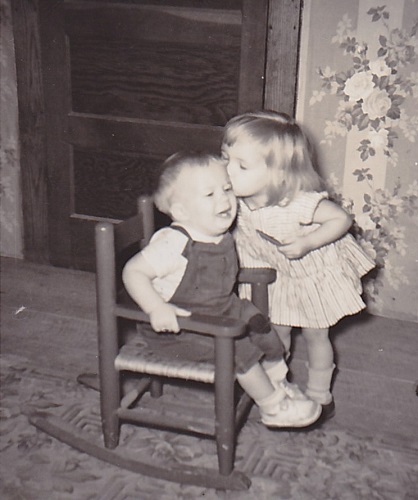 When I needed comfort as a child, I could go to several relatives. They often responded with, “There now. Don’t cry. Everything will be okay.” I felt better immediately. Everything usually was okay.
When I needed comfort as a child, I could go to several relatives. They often responded with, “There now. Don’t cry. Everything will be okay.” I felt better immediately. Everything usually was okay.
My troubles included such tragedies as:
- Bee stings
- Poison ivy
- Falls
- Childhood quarrels
For bigger problems, they doubled their comfort. “There, there now” gave an extra word for extra cheer.
A few problems lasted longer than usual. For those, they reminded me everything would come out in the wash.
I learned from their comfort how to comfort others.
There now soothes or reassures someone having a tough time.
It helps a hurting person:
- Calm down
- Cheer up
- Stop crying
- Relax
- Remember every cloud has a silver lining
The need for comfort does not stop as an adult.
Troubles may differ, but they remain as real.
- Health crises
- Relationship woes
- Financial stresses
- Work demands
Ways to cheer one another include:
- Prayers
- Notes
- Calls
- Visits
- Texts
- Hugs, if appropriate
Listening is more important than talking. Availability is more important than activity.
Shout for joy, you heavens; rejoice, you earth; burst into song, you mountains! For the Lord comforts his people and will have compassion on his afflicted ones (Isaiah 49:13 NIV).
Thanks to Rita Smalley for the suggestion.
Do you have an expression you want explained or a thought about this one? If so, please comment below.
Subscribe to receive my weekly posts by email and receive a free copy of “Words of Hope for Days that Hurt.”
If you enjoyed this post, please share it with your friends.
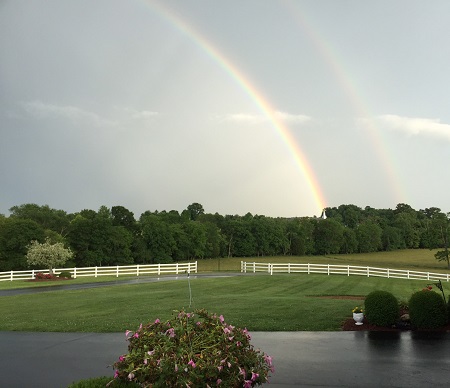
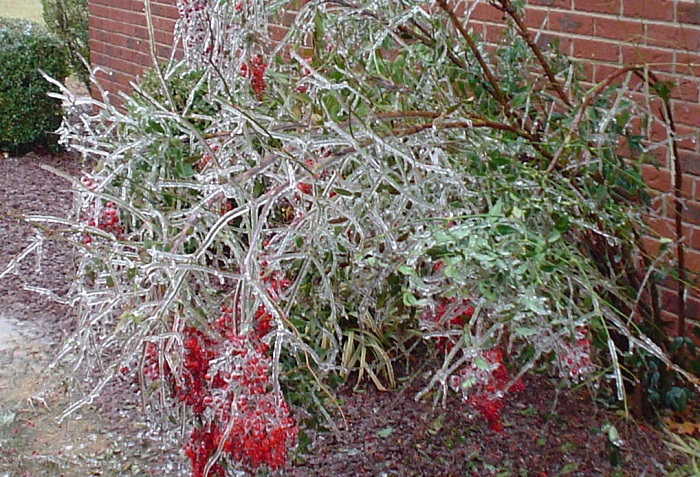

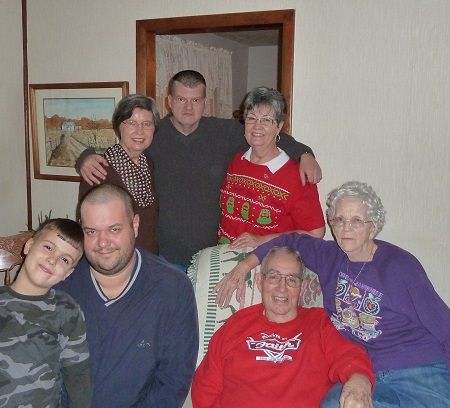

 In our
In our  We love life on cloud nine. Something wonderful happens, and we feel
We love life on cloud nine. Something wonderful happens, and we feel  Please welcome one of my favorite authors, Ann H. Gabhart, as today’s guest writer. Ann has been called a storyteller. She’s lived up to the title with thirty-five books published and more stories on the way. Ann keeps her keyboard warm out on her farm where she likes walking with her dogs or discovering the wonders of nature with her nine grandchildren. To find out more about Ann and her books, go to
Please welcome one of my favorite authors, Ann H. Gabhart, as today’s guest writer. Ann has been called a storyteller. She’s lived up to the title with thirty-five books published and more stories on the way. Ann keeps her keyboard warm out on her farm where she likes walking with her dogs or discovering the wonders of nature with her nine grandchildren. To find out more about Ann and her books, go to  Where various products were once made one at a time by craftsmen, the industrial revolution factories had machines to mass produce items. Companies started competing for customers. Some knocked out competition by sneaking in to throw an actual wrench into the workings of the competitor’s industrial machines. With the machine broken, production came to a halt.
Where various products were once made one at a time by craftsmen, the industrial revolution factories had machines to mass produce items. Companies started competing for customers. Some knocked out competition by sneaking in to throw an actual wrench into the workings of the competitor’s industrial machines. With the machine broken, production came to a halt. While on a trip, many of us look forward to the end of the road.
While on a trip, many of us look forward to the end of the road. 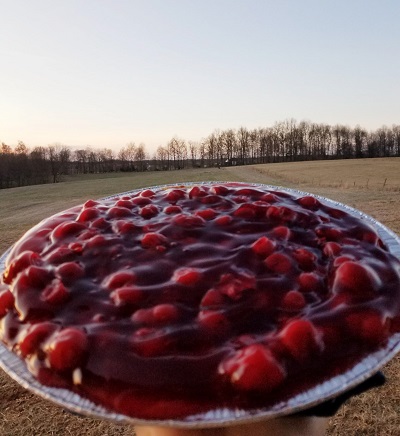 Joe Hill wrote about pie in the sky in his 1911 song,
Joe Hill wrote about pie in the sky in his 1911 song,